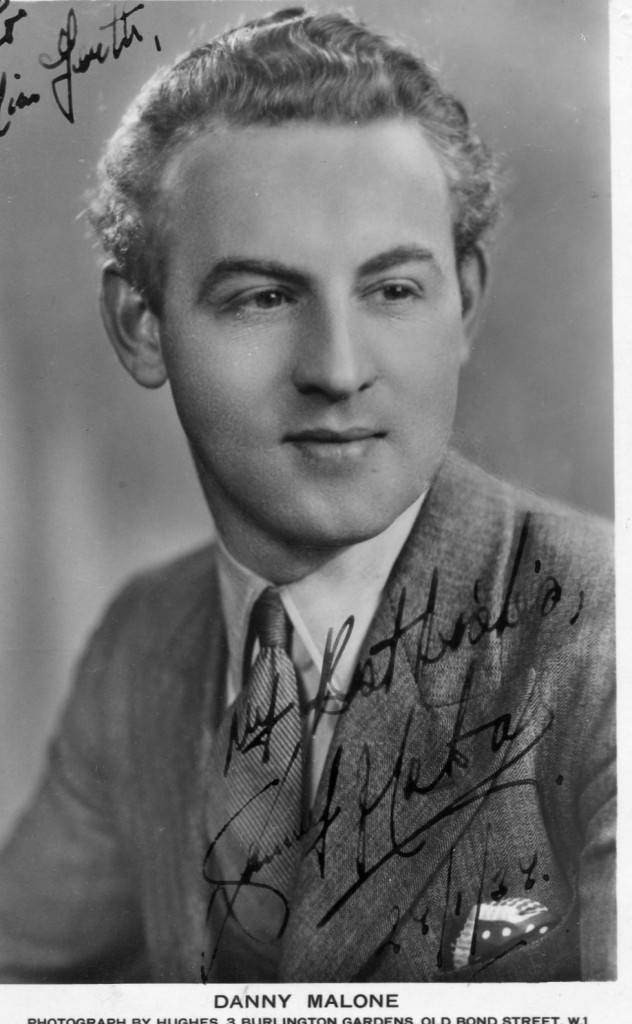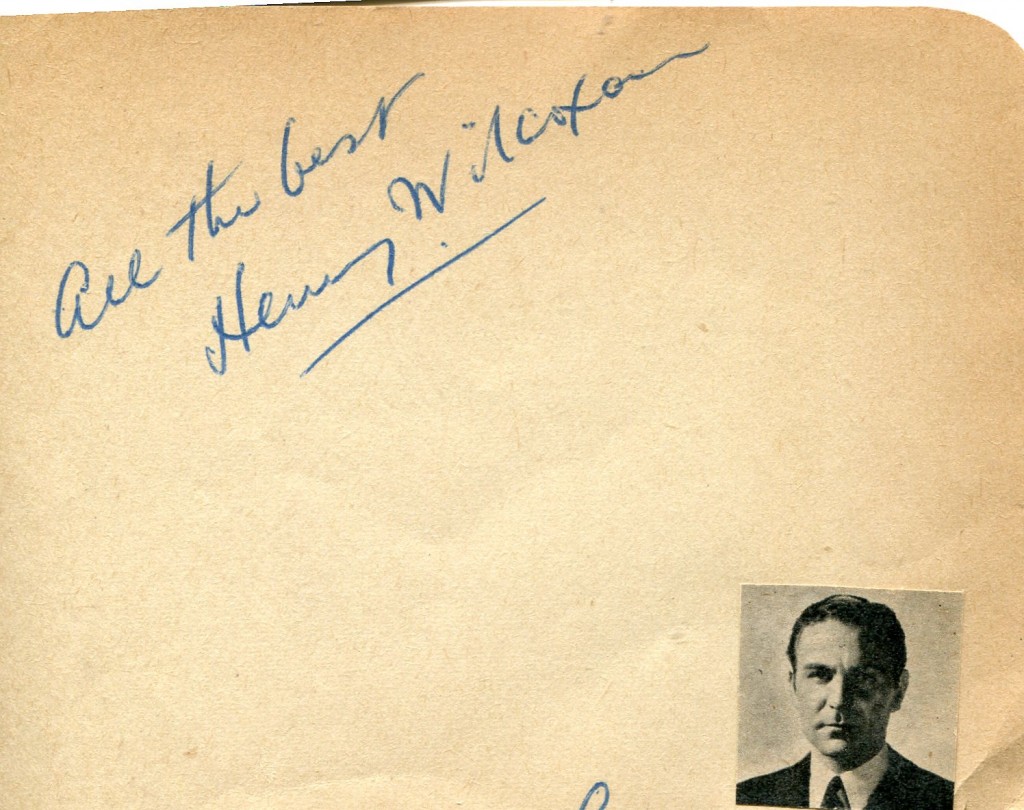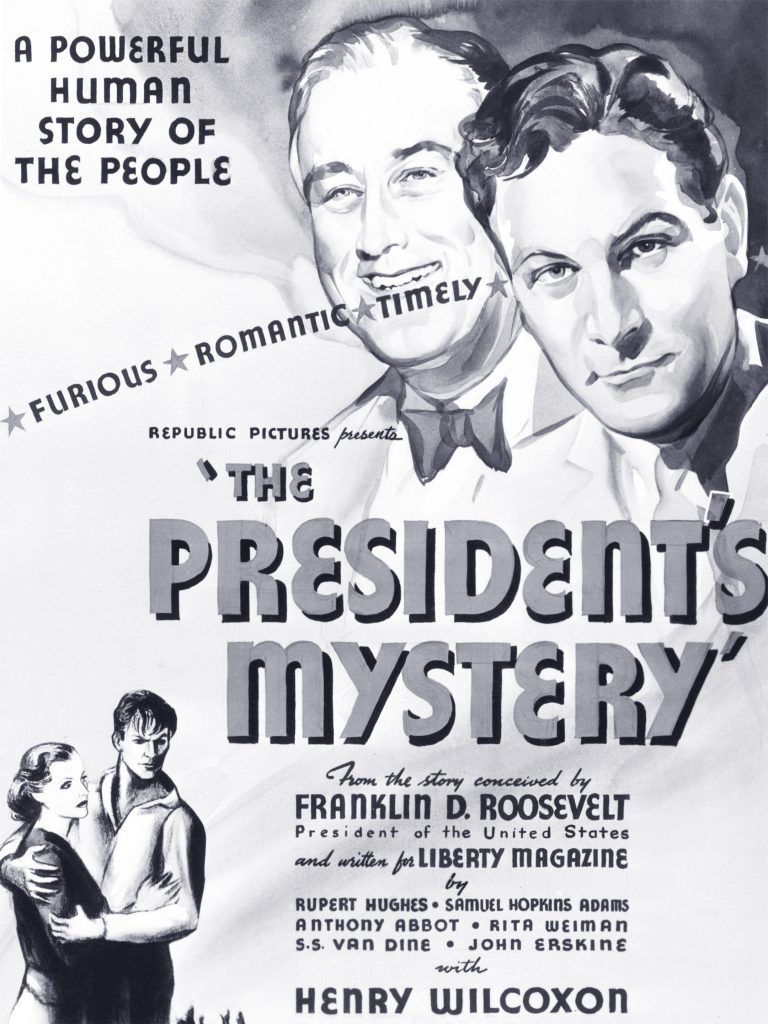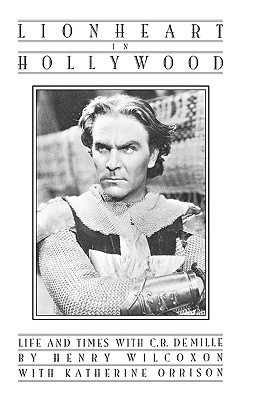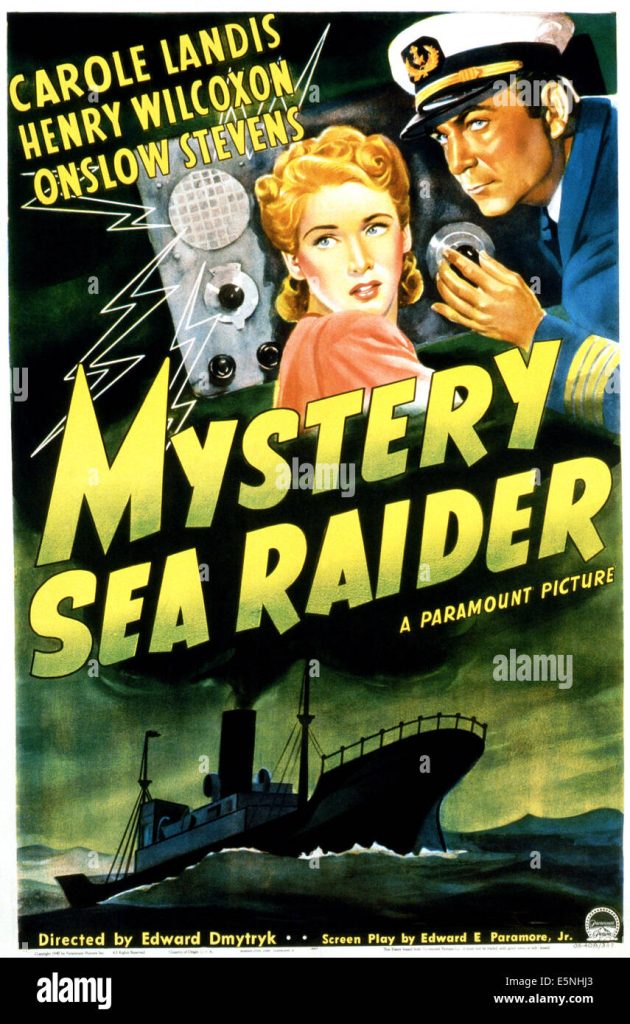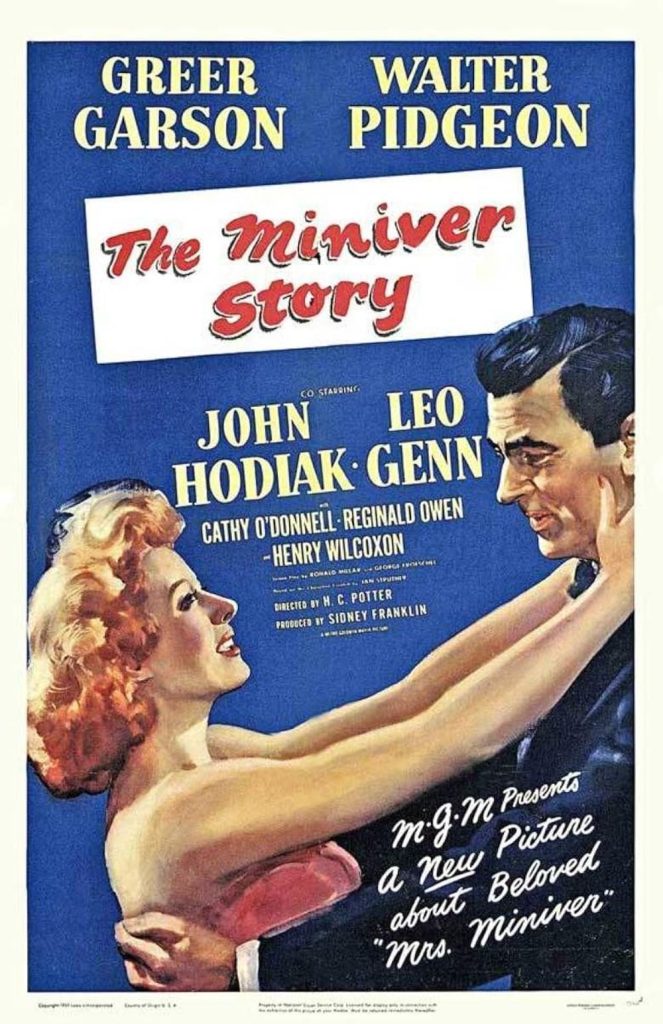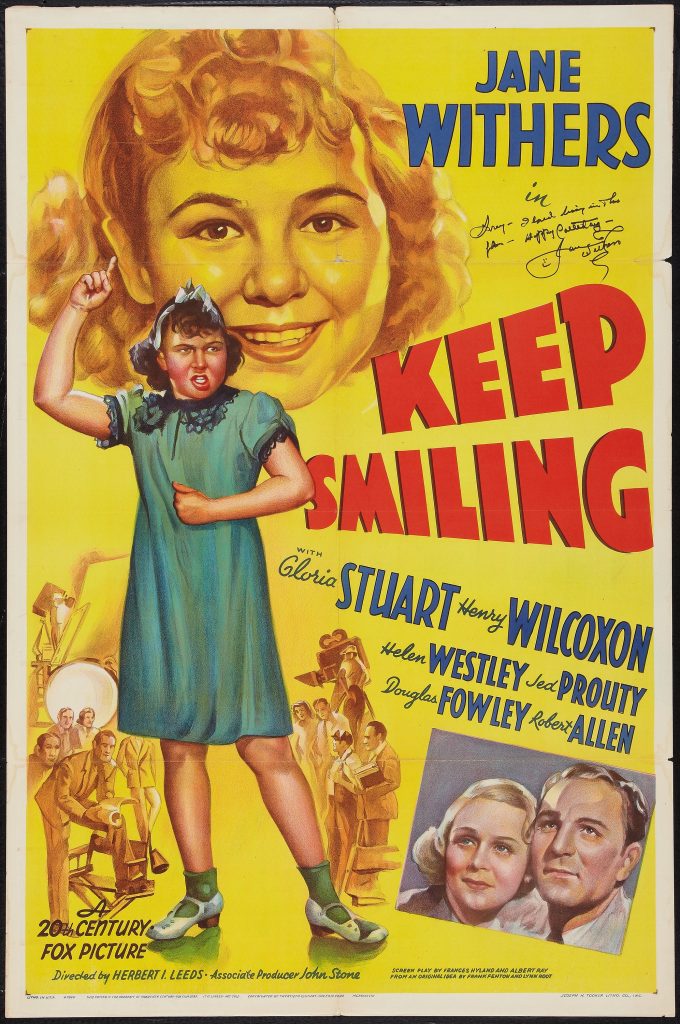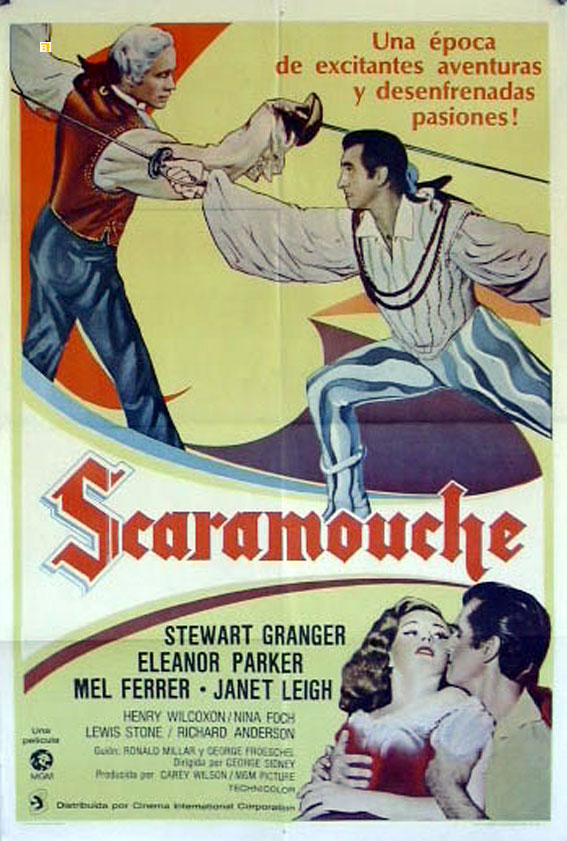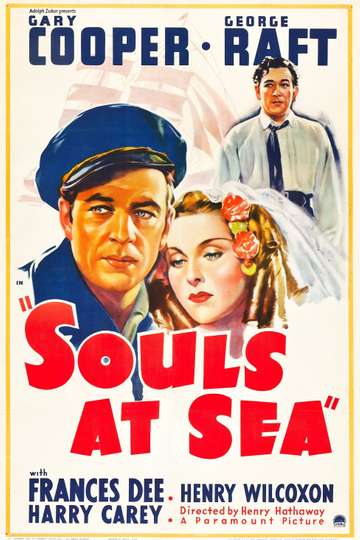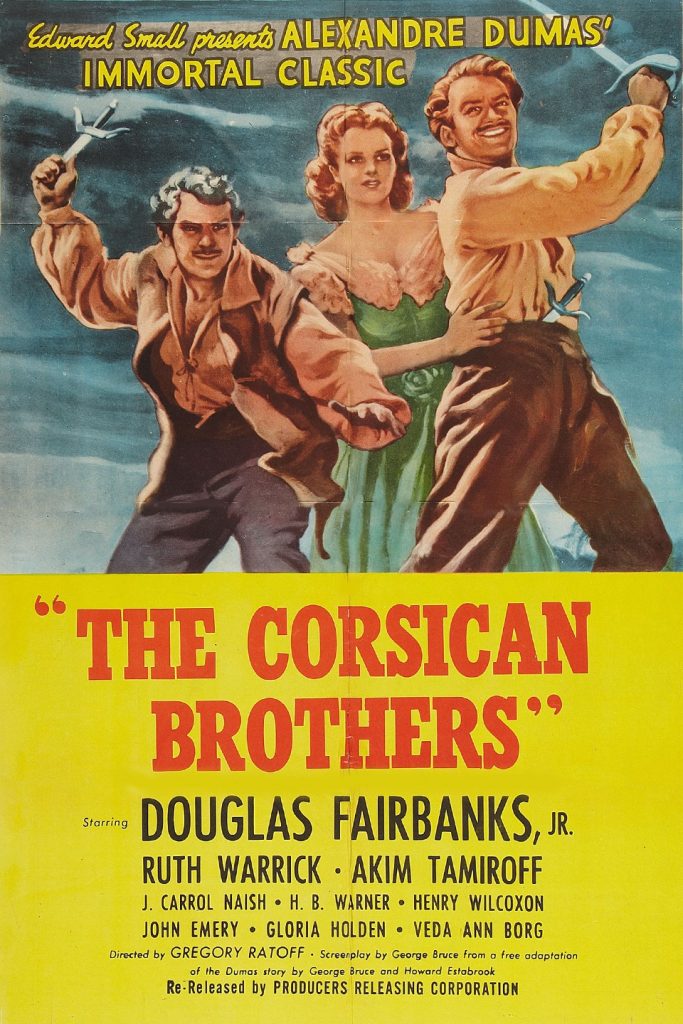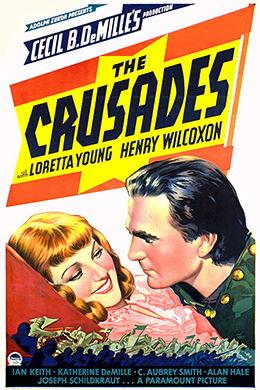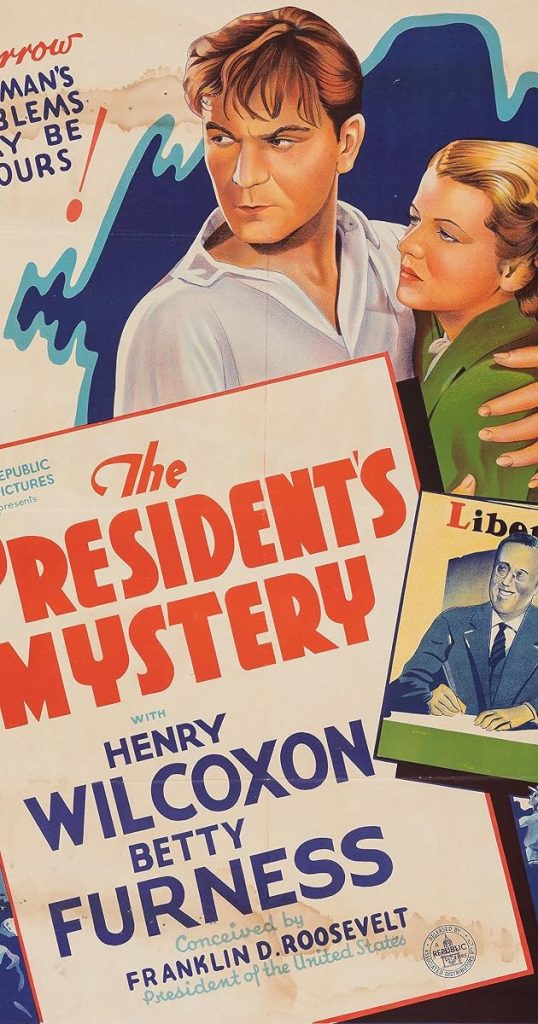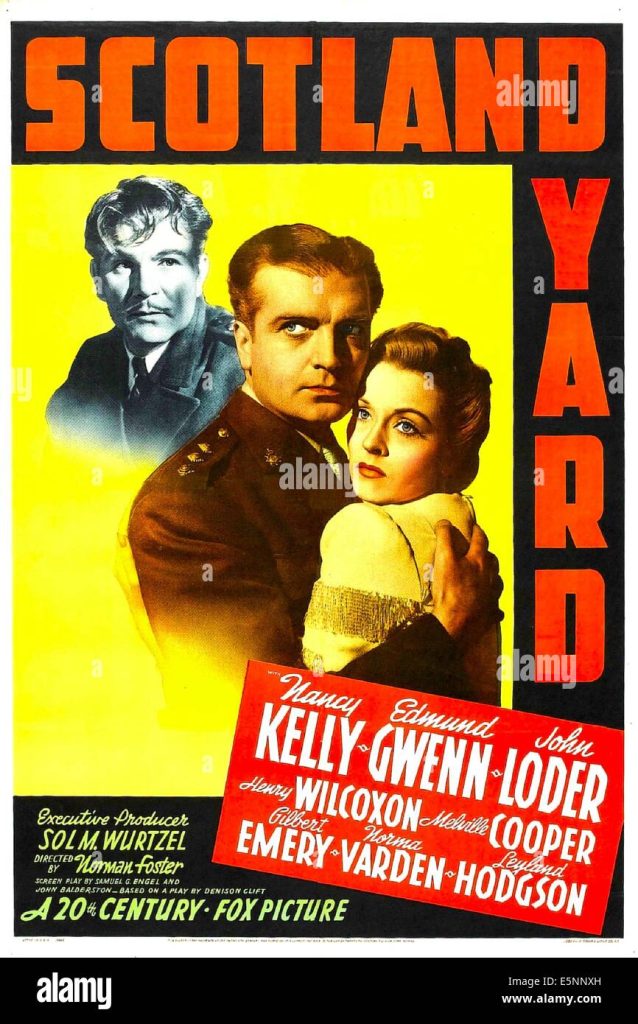
Craig Cash is best known for his perfmorance as dozy Dave in the wonderfuly “Royle Family” television series. e was born in 1960. began his show business career as a DJ in a Manchester night club.
Gerald Gilbert’s “Independent” interview with Craig Cash in 2011:
I’ve been trying to interview Craig Cash for years now, but the man behind The Royle Family has proved elusive. His writing partner, Caroline Aherne, has tended – reluctantly and for many of the wrong reasons – to hog the media limelight, but I’ve always been curious to meet Cash, a man I have long thought to be something of a comedy genius on the quiet. So quiet, in fact, that, in a trawl of newspaper cuttings, you’ll find less than a handful of interviews with him, and fewer still in which he talks about himself
“I don’t feel worthy,” the 51-year-old says, when we finally do get together in an otherwise empty viewing theatre in London’s Soho, where his new sitcom, The Café, is later to be shown to journalists. “I know I’m not Stephen Fry – you’re not going to get fantastic answers – so I tend not to do interviews.”
Stephen Fry, my arse, as Jim Royle would almost certainly have said in the circumstances. Cash may talk just like his lugubrious character Dave in The Royle Family, but the conversation is obviously more elevated than Dave’s dozy interest in whatever television programme the family happens to be watching. “I don’t actually see a lot of telly,” says Cash. “I watch Grand Designs and that Boardwalk Empire… it’s a bit slow, but who am I to say anything’s slow.” He watches almost no comedy, although he thought the first series of The Flight of the Conchords was “utterly brilliant”. Now he’s agreed to talk because he’s directing and producing a new sitcom co-written by his Royle Family colleague Ralf Little – even better news, Cash and Aherne hope to write a brand new comedy for the BBC.
Cash is still best known for The Royle Family, which he created with Aherne in 1997. Back then, the hit sitcoms – Men Behaving Badly, The Vicar of Dibley and One Foot in the Grave – all followed the same, traditional format: filmed in front of a studio audience, with a laughter track. The Royle Family had no laughter track, and the sort of realism not seen since the Sixties and shows such as Hancock and Till Death Do Us Part. What it also introduced to the British sitcom was a hyper-realistic setting where not a lot happened. Ricky Tomlinson, Sue Johnston, Little, Aherne, Cash et al sat around on a sofa just talking.
Cash and Aherne met in the 1980s on the south Manchester pirate radio station KFM – until that station went legit in 1990 and they both got the heave-ho. “On the night-time shift it was me and Caroline and Jon Ronson, Terry Christian, Sarah Champion and Geoff Lloyd”, says Cash. “There were loads of us and we all got sacked on the same day. It was our first real job in the media, so it was a bit upsetting at the time.” It was Aherne who came to the rescue, asking Cash to help her develop an Irish nun character called Sister Mary Immaculate. “And then we did Mrs Merton…” he says.
Mrs Merton was Aherne’s mock elderly chat show host, most famous for asking Debbie McGee “So, what was it that first attracted you to the millionaire Paul Daniels?” The Mrs Merton Show was a clever conceit that often succeeded in getting more out of its guests than bona fide chat shows. Like all the best comedy partnerships, Cash and Aherne laugh at the same things, including their own families, which is where the idea for The Royle Family first came from. “Caroline said we should do a sitcom with just real people talking, because ‘if we find it funny, surely everybody else will’,” says Cash. “I kept saying at the time, ‘Let’s just do another Mrs Merton’because I’d got a mortgage by then.”
The BBC was nonplussed when the couple presented the Royles to them. “I remember having this read-through of the script and Kathy Burke was there – Kathy was originally going to be Cheryl [the greedy neighbour eventually played by Jessica Hynes]. Ricky and Sue were there. We sat in a semi-circle at Granada in front of executives, and they were climbing the walls because nothing was happening. I remember them saying, ‘You need a beginning, middle and end’ – all the conventional things…. We said, would those things make it any funnier? And, to her credit, Caroline dug her heels in and said, ‘If you don’t do this I’m not going to make another Mrs Merton’.”
The rest is television history, including several Baftas and a working relationship that remains as combustible as it is successful. “We both care about stuff,” says Cash. “We have fights on set – ask Ricky or Sue – we both want the same thing in the end, but it’s hard to see that at the time. It’s like any married couple rowing.”
Ten days after I met Cash, The Sun newspaper reported that he and Aherne, after producing Royle Family Christmas specials for the past three years, had not managed to get a script written in time for this Christmas. Via the BBC, Cash and Aherne put out a statement blaming other commitments and apologising to the show’s fans. To which all I can add is what Cash admitted to me about his and Aherne’s approach to scripts: “We do leave it late. It’s like doing homework, and we’d put it off and off.”
Their collaboration on The Royle Family, with Cash and Aherne also playing on-screen husband and wife, eventually took its toll, and the pair had a widely reported falling out in 2000. “She just decided, I think, that she’d had enough,” says Cash. “At the time, she was under an intense media spotlight for anything she did, and I think the pressure became too much. She got on a plane to Australia.”
The media interest centred on her drinking habits. “I was as pissed as Caroline, but women get put under an intense spotlight,” says Cash. “We were naive as well, I guess. Coming to London for dos and awards was a huge thrill for us and we were just overexcited. We’d get on the train at Manchester and be pissed by Macclesfield.”
Before her vanishing act, Aherne had been due to play a barmaid in Early Doors, a sort of British Cheers and Cash’s follow-up solo project to The Royle Family. The sitcom, Cash believes, was badly handled by the BBC when it was broadcast in 2003 and 2004, despite being loved by its viewers. “I had a big row with them over it because I didn’t feel they were pushing it,” he says. “They showed the first episode on the final night of I’m a Celebrity, Get Me Out of Here! They wanted a third series but I said ‘No, you’re not having one’, which they were a bit shocked about.”
Cash’s latest sitcom, The Café, is for Sky and finds Cash behind the scenes, as director and executive producer. Cash says he enjoys “a kind of big brother thing” with the show’s co-writer Ralf Little. “I think we auditioned Ralf when he was about 16 or 17 –and I’ve known him in a weird kind of a family way – in The Royle Family way – for a long time. “Ralf said, ‘I’ve written this thing with Michelle [Terry], my friend. Would you have a look at it? And I thought, ‘Do I have to? How am I going to tell him?’ I kept it in its brown envelope for a couple of months, then I read it one day and I was really pleasantly surprised.”
The Café is a sweet, warm sitcom set in a café in Weston-super-Mare – as such, it marks a big change for Cash. “All these years we’ve been writing and it’s always in bloody Manchester,” he says. “It’s work wherever you go, really, but it was a pleasure to get out of Manchester.”
Cash himself lives in a village on the border of Cheshire and Derbyshire, with his wife, Stephanie, and his two sons, Billy, 13, and 14-year-old Harry, both of whom have now grown out of being embarrassed by their dad’s association with Dave from The Royle Family. Stephanie used to work at KFM – “reading the news very badly. She used to listen to BBC local news and then write a version of it. But it was pirate radio, so fair play.”
The house is close enough to his roots in Stockport, where his father – a former joiner – lives, and Manchester, where Aherne now has a home. Next year is already looking busy: presumably, there will be a prompt start on The Royle Family Christmas special, as well as the planned new sitcom with Aherne (“We don’t know what”).
Whatever it is, it will, like The Café, no doubt, be imbued with the trademark Cash warmth. “The Café is no big deal, it’s just living with these people who work in the café,” he says. “The world’s grim enough as it is. Hopefully, this is a bit of escapism, and you don’t need a thesis in comedy or plots to watch it.”
The above interview from “The Independent” can also be accessed online here.






